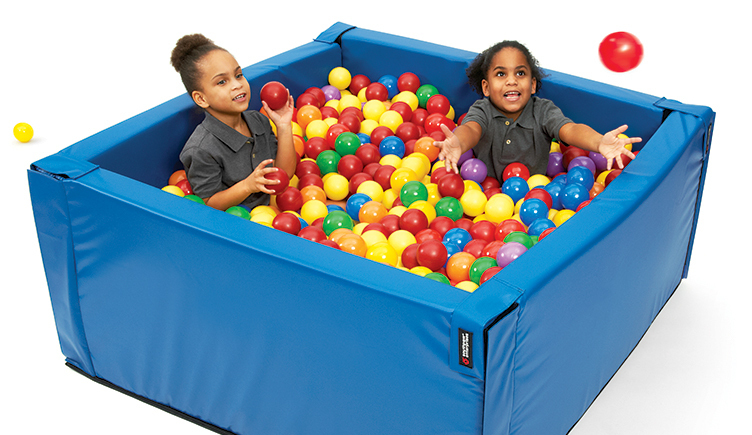It goes without saying that all of our lives were affected and changed in 2020. We were all battling the same storm but in different boats, many trying to figure out how to work, learn and live in the same environment all together as a family. Therapists had to transition typical sessions that often involved hands-on treatment and close encounters to a remote screen-to-screen engagement that pulled in the frustrations of technology. Teachers had the same challenges, although more complicated due to working with multiple students for longer periods of time, as well as making sure students were still connected and learning. Parents worked, taught, carried out therapies, and helped to keep their children stable, regulated and happy. We all kept plugging along, and still continue today.
As much as we struggled, our children have had to live life like never before, not fully understanding why their education, their leisure activities, as well as their supports and therapeutic services have all changed. Their structure, routine and social outlets have all been cancelled or present themselves very differently. Yes, children are resilient; however, after so long, they also break down.
As the pandemic continues in a second year, we need to continue to find our strength to keep going, especially for our children. So much of 2020 was about being flexible and keeping things stable in our children’s lives. We needed to help them adapt to doing remote learning, which may have been haphazard, finding ways to stay social and connected to friends, and adapt activities. As we begin to see some glimmer of hopes of normalcy, it will still be a long time before there is a consistent comfort and freedom in our lives. It takes some effort, but staying positive and being proactive will be beneficial for both our children and ourselves.
Although we have read about and heard many creative ideas, suggestions and thoughts over the last 12 months, we are going to highlight a few key points to help you feel renewed and ready to keep going.
Stability is so important for our children. Allowing them to express their feelings, frustrations and anxieties takes energy and time, but is crucial to helping them get through this. As much as we would like to take the “it is what it is attitude,” we cannot do that all the time. More than ever, we need listen, validate and help them understand the complexity of the situation. Finding new ways to handle these conversations may be just what you need, so take a short brisk walk or sit down with a cup of hot chocolate to clear your head and be able to handle their needs.
New outlets for relaxation, activity and creativity have been discovered and utilized by almost everyone during this past year. Whether it was taking up a new exercise routine, completing a puzzle, or even finding time to read that book that sat on our nightstand, we almost all have done something new to work through our stress and anxieties. However, by now we are struggling to continue to find something new and exciting, and it feels as if we have done it all. Our children feel the same. Keeping our children active is beneficial for their stress and anxiety management. Whether it be participating in a sport, doing arts and crafts, or engaging in a game or activity with a friend, having something to do will help them focus more on being normal. With more things opening and restarting, this should get somewhat easier, however we may find that we still need to attempt to take a favored activity outside or to a safer environment. It may also take some effort to help our children identify something new or stick with an activity.
Many of us feel as if we have a degree in technology these days. However, continuing to use it for staying connected with activities, friends and family is crucial. There are a variety of fun party or meeting activities that can be completed via Zoom with a little preparation, such as games that can be played virtually, including bingo, trivia and charades, as well as many others.
Consistency and routine need to continue so that our children feel the security and stability they need. Whether it be utilizing classroom adaptions for remote learning or carrying out their therapeutic programming at home, keeping things familiar to them will help them to keep going. In addition, following a typical schedule will help them know what to expect. It’s easy to get lazy due to being at home so much, but making sure they are still partaking in their typical self-care activities, as well as maintaining a good sleeping and eating schedule, is important.
So, as we begin a second year of upheaval, we may have to follow the inspiring words from Dory in Finding Nemo and just “keep swimming”!



